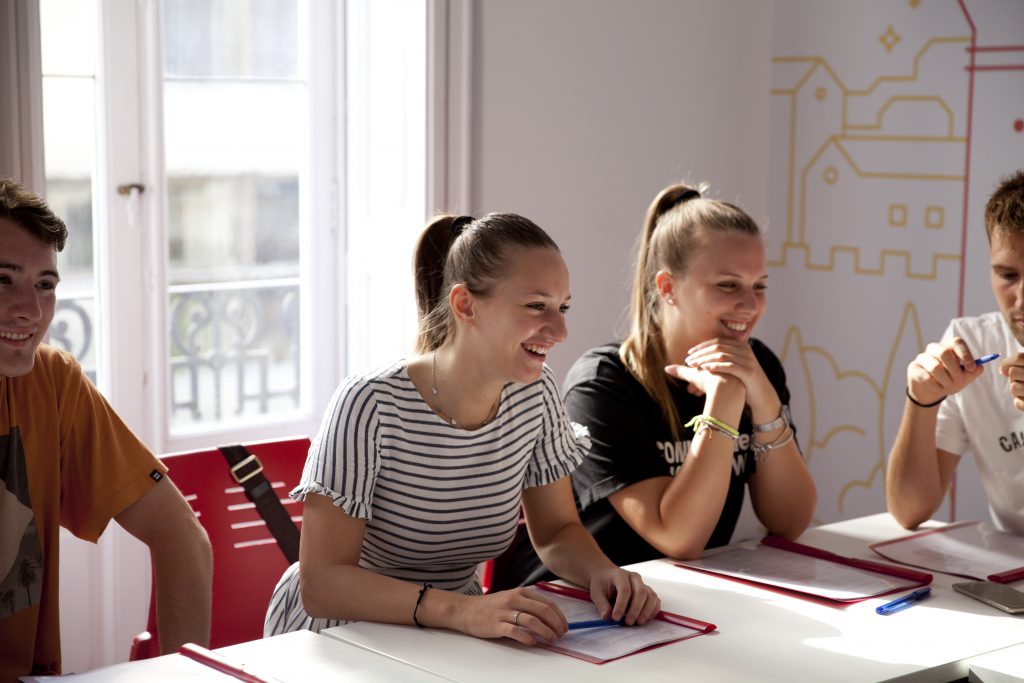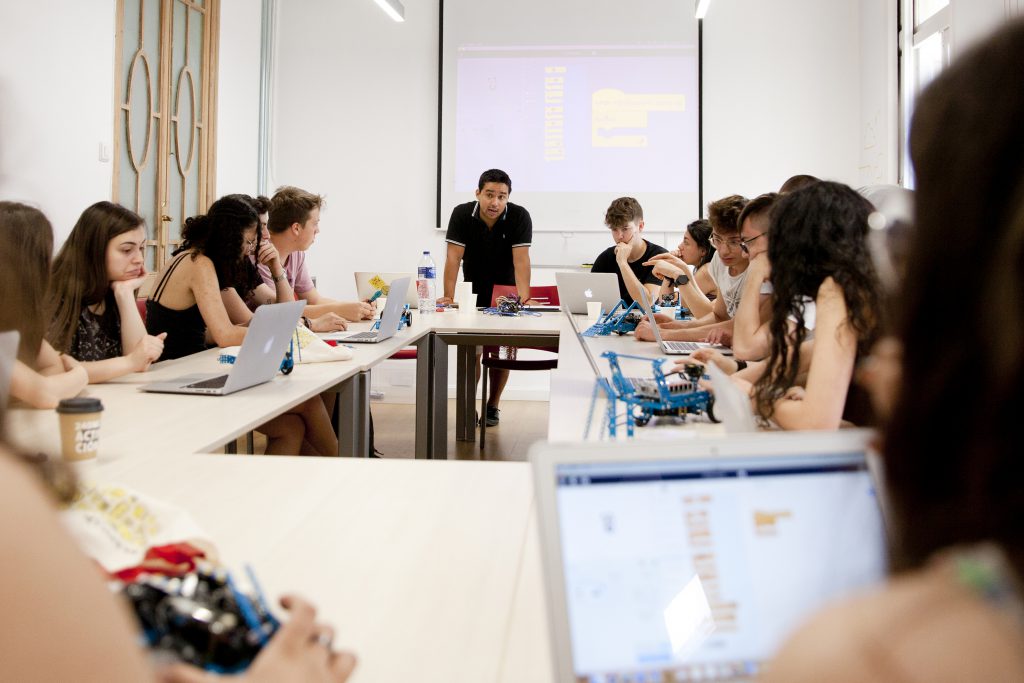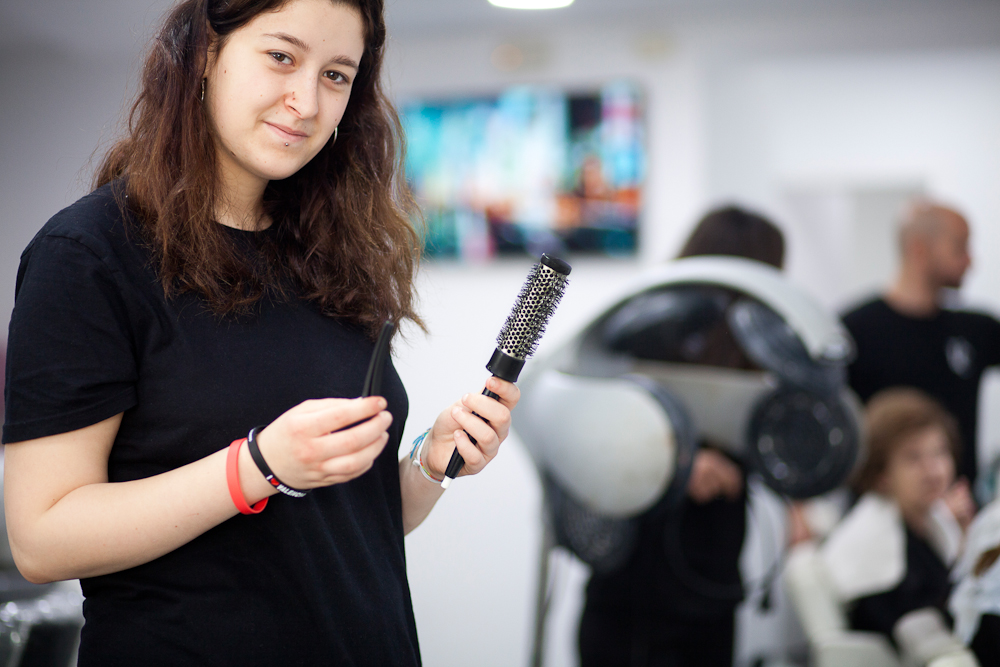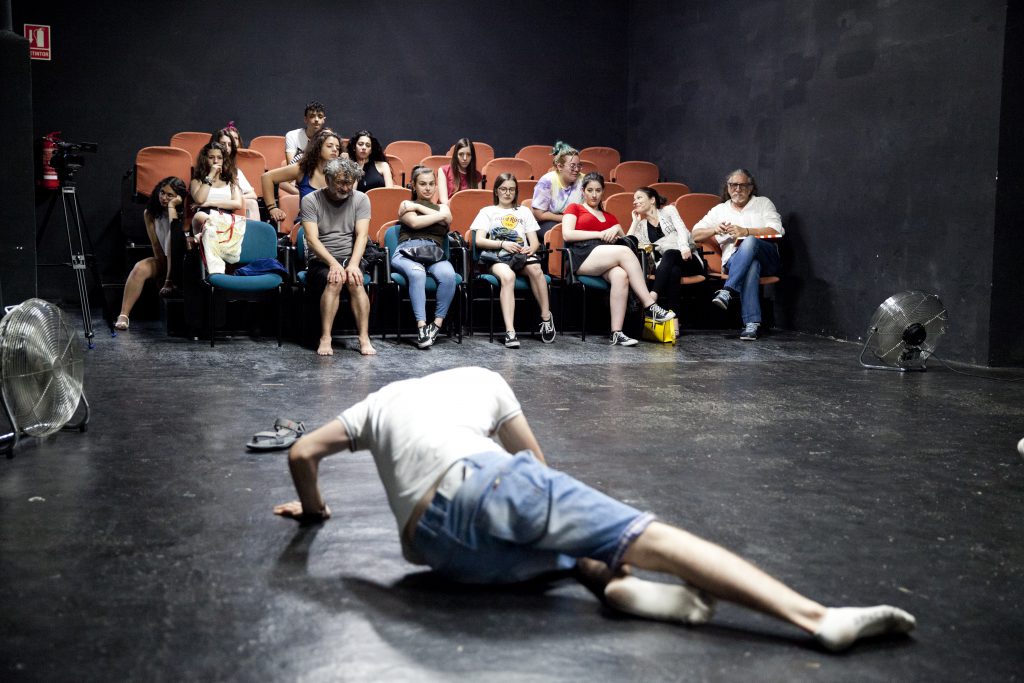5 educational trends in Europe for 2020

Education as we know it is changing
Our society is changing and so it is the Education sector. Education, as we know it, is living a period of total transformation. Progress is indispensable for societies to adapt to their time. This drastic change has been a consequence of the arrival and consolidation of technology in our routine: today we buy, communicate between us, inform ourselves and study online.
From ESMOVIA we take all this into account, and that is why we have prepared a list of 5 educational trends that are set to consolidate in Europe in the year 2020:
1.) Learn to learn as the most important ability
It is becoming increasingly necessary to learn new skills to be updated and to be in constant learning. It is very probable that the majority of children who today study primary school, will work tomorrow in jobs that still do not exist. This is already happening, that is why it is very important to learn. People change jobs and even professions much more often than a generation ago. In an aging society, with a labour force that is shrinking, Europeans will have to work longer; this means that those over 40 should be given substantial opportunities to update their skills. Less than 11% of Europeans between 25 and 64 years of age participate in lifelong learning. Only 6% of workers aged 55 to 64 participate in training and education programs. ESMOVIA offers courses for teachers and trainers to teach how to develop these new abilities that are becoming necessarily, such as ‘4 Tools for Innovative Education’ course.
It is very probable that the majority of children who today study primary school, will work tomorrow in jobs that still do not exist.
2.) Digital abilities are becoming on a central alphabetization and young people are ahead
Nowadays all jobs require at least basic digital skills. Therefore, for the first time in history, young people are more competent than their elders. The lack of basic digital skills can block people not only from work, but also outside of society. Just as the skills of calculation and literacy are fundamental for all citizens, in addition to ethics and basic education, nowadays it is essential to have digital literacy skills to succeed in society and the current labour market. The digital revolution and artificial intelligence allows machines to assume more complex tasks everyday. We have reached a point where humans compete with machines. It is essential to rethink educational systems and refocus them on the skills and competences that have been fundamental to the success of the human species: creativity, problem solving, negotiation, adaptability, critical thinking, teamwork, empathy, emotions and intercultural communication. On ‘Creativity for Teaching and professional growth’ ESMOVIA course, ideas are generated and mind flexibility is put to the test.
On the other hand, our course ‘ICT for Teaching and Learning’ provides teachers with digital skills to improve students engagement and motivation. Also, our course ‘Educative robotics and coding with Arduino’ integrates last trends in education with the use of Robotics and Coding for teaching STEM.
It is essential to rethink educational systems and refocus them on the skills and competences that have been fundamental to the success of the human species.
3.) From industrial age massive education to individual, digital and interdisciplinary learning paths.
There is today the need to establish individualized learning pathways that can help students and workers to develop their talent and abilities. Personalization of learning focuses on personal progress, where all employees approach problems in their own pace, maximize results not only for the most talented students, but also help to startup all who are left behind.
Local and global challenges, such as tackling climate change, food, water, energy security, health or the governance of plural societies are increasingly complex and require interdisciplinary. Multidisciplinary is essential to understand the causes and complexities of current challenges and to develop innovative solutions.
At the intersection of different disciplines is where new ideas arise. However, for the most part, European schools and universities are still organized in departments that do not sufficiently address the interconnectedness of the current world. Technology can contribute to new forms of learning. It can be used not only as a subject but to transmit the material learned in other subjects.
Nowadays it is not limited to formal education establishments, the number of actors that offer new platforms and methods for learning has grown. More than 800 universities already offer lectures and online courses, which makes it possible to learn anything at any time and anywhere from a smartphone.
New technologies are a catalyst to personalize learning and turn into an increasingly active and flexible learning experience. Peer-to-peer platforms allow people from different parts of society and the world to engage and learn from each other. The growing diversity of actors involved in education opens up new opportunities for people to train at different times in their lives. They can also help reach people who would otherwise be excluded.
Here, we recommended the ‘Inclusive methodologies in the classroom’, ‘4 tools for innovative education’, ‘Educative coaching’ and ‘Introduction to intercultural education’ ESMOVIA courses.
Local and global challenges, such as tackling climate change, food, water, energy security, health or the governance of plural societies are increasingly complex and require interdisciplinary.
4.) Tie between formal school education and work is increasingly broken
Formal education used to be a guarantee to get a job. Nowadays, this is no longer the case. Europe has the most educated workforce in its history, almost 40% of Europeans aged 25 to 39 have a tertiary degree. The transition from school to work is shrinking as young graduates find it easier than ever to find a job but the vast majority of those are in very different fields from those they have studied. In ESMOVIA we offer the possibility of doing professional internships in different company sectors such as tourism, health, catering and food, beauty and hairdressing, administration, industry and computing, where you can develop professionally and surround yourself with the best professionals.
In ESMOVIA we offer the possibility of doing professional internships in different company sectors where you can develop professionally and surround yourself with the best professionals.
5.) Critical thinking is necessary to build more resistant democracies
About 8 out 10 high school students cannot distinguish false from real news. The phenomenon of fake news is probably not ephemeral and requires citizens with knowledge of the media to distinguish facts from fiction. With the appearance of automated accounts, the spread of misinformation has never been so easy.
Our educational systems must integrate critical thinking, information evaluation and media literacy as some of the best skills for young ages. Consensus, the backbone of democracy, becomes an overwhelming challenge in that environment.
A redesign of teaching and teacher training is essential: work in an interconnected way to promote the development and socialization of students through opportunities, in addition to the learning resources they offer and the promotion of personalization of learning. In ESMOVIA we offer courses focused on the teaching staff so that they can acquire knowledge and their teaching methodology adapts to their times, such as ‘Positive education: happy schools’ course. Emotional education is also important for the future, another challenge to Europe.
A redesign of teaching and teacher training is essential: work in an interconnected way to promote the development and socialization of students through opportunities, in addition to the learning resources they offer and the promotion of personalization of learning.




